Kevin Spacey: Still One of the Greatest is a phrase that divides audiences and critics alike. The mere mention of his name evokes a mix of admiration for his artistry and unease over his controversies. Yet in the arena of acting — stripped of the noise, focused solely on the craft — Spacey’s talent has remained undeniable.
For over four decades, he has delivered performances that are as precise as they are unpredictable, embodying the rare combination of technical skill and instinctive presence. Whether on stage or screen, his characters tend to linger long after the credits roll, often leaving viewers questioning their moral compass.
The purpose here isn’t to dismiss the off-screen narratives but to analyse why, for many in the industry and beyond, Kevin Spacey is still one of the greatest actors of his generation — and perhaps, of all time.
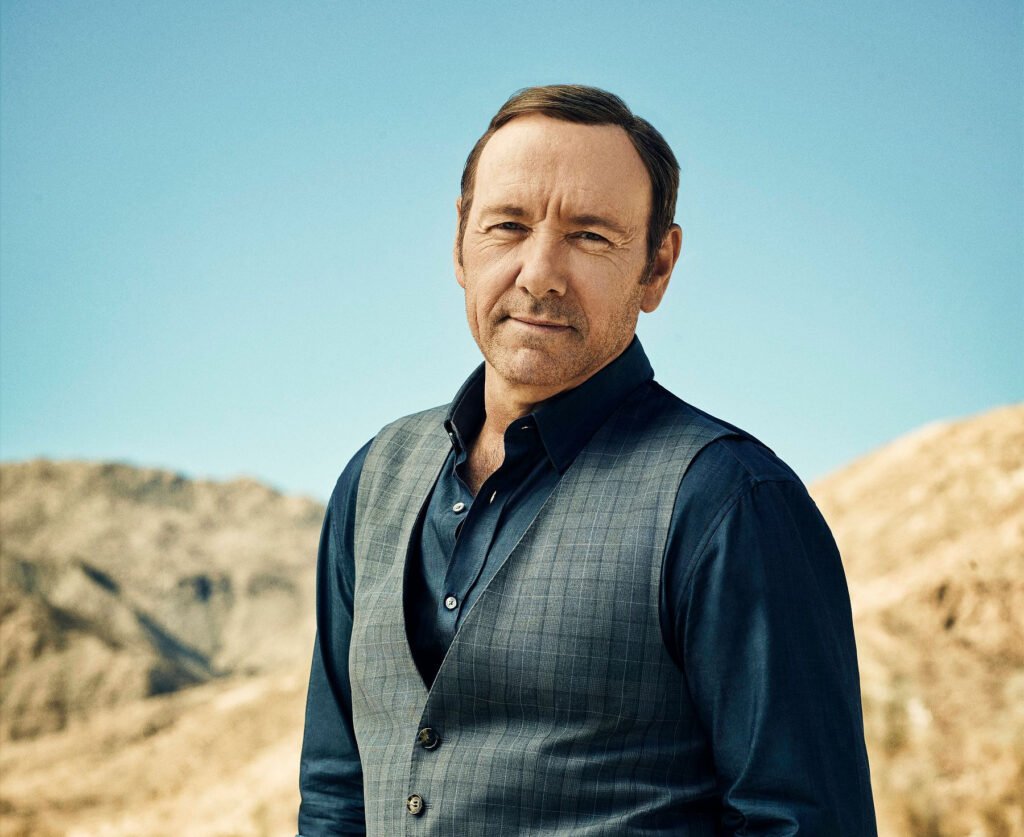
From Theatre Boards to Oscar Stages: The Formative Years
Long before the Hollywood accolades, Spacey was a theatre actor with an almost academic obsession for performance. Born Kevin Spacey Fowler in 1959 in South Orange, New Jersey, he spent his early years absorbing the mannerisms of those around him. Teachers noticed a chameleonic quality: a boy who could mimic voices, accents, even posture.
His formal training at the Juilliard School refined those raw instincts into a disciplined craft. Classmates recall a seriousness about him, a readiness to tackle Shakespeare one day and contemporary American drama the next. The theatre was not simply a stepping stone; it was his foundation.
Roles in productions like Hurlyburly and Neil Simon’s Lost in Yonkers showcased a young actor already capable of commanding a stage without overpowering it. The latter won him a Tony Award, cementing his reputation as a performer who could balance subtlety with theatrical flair.
By the early ’90s, Spacey transitioned to film with the same unhurried precision that defined his stage work. His first big screen appearances in Glengarry Glen Ross and The Ref hinted at the controlled volatility that would become his trademark.

The Defining Twist: Verbal Kint and an Oscar
For many, Kevin Spacey’s coronation as a Hollywood heavyweight came in 1995 with The Usual Suspects. Playing Roger “Verbal” Kint, a physically impaired conman with an unreliable narrative, Spacey performed a masterclass in misdirection.
His portrayal demanded an almost surgical precision: enough vulnerability to gain the audience’s trust, enough cunning to betray them without tipping his hand too early. The performance earned him an Academy Award for Best Supporting Actor, and the film’s twist ending — in which Kint’s true identity is revealed — became one of cinema’s most replayed moments.
Director Bryan Singer later commented, “Kevin didn’t just play Verbal Kint — he built him, detail by detail, into a man you think you understand, only to realise you’ve been watching a ghost.”
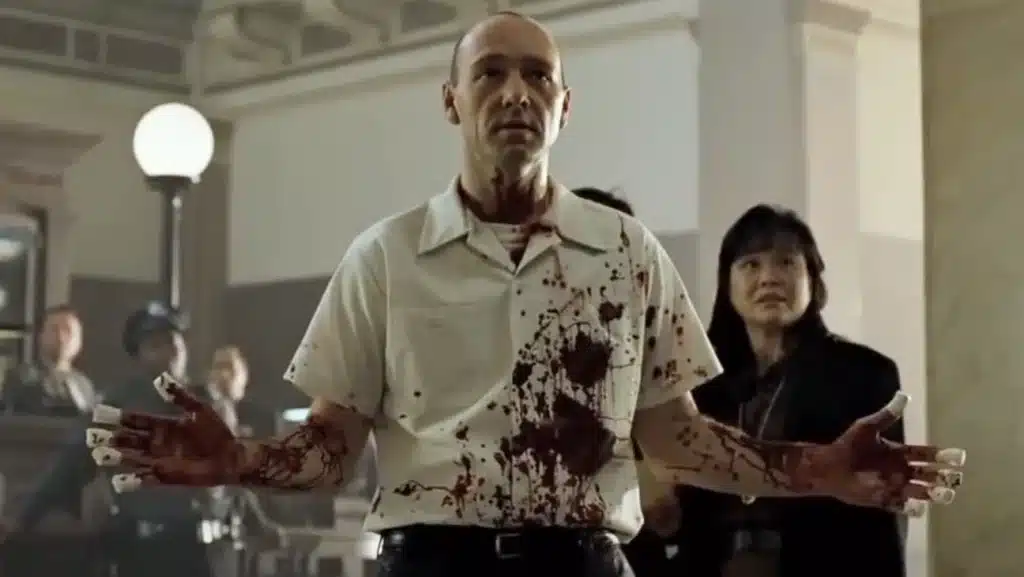
American Beauty and the Dark Mirror of Suburbia
If The Usual Suspects introduced Spacey as a force, American Beauty (1999) solidified him as one of the era’s defining actors. As Lester Burnham he navigated a midlife crisis with equal parts humour, cynicism, and tragedy.
The role earned him his second Oscar, this time for Best Actor. Critics lauded his ability to make Lester’s disillusionment both deeply personal and universally relatable. Roger Ebert wrote: “Spacey is one of the best actors of his generation, and here he is at his very best — precise, unsentimental, and devastating.”
The film remains culturally significant, often cited in discussions about late-90s American cinema as a reflection of suburban ennui.
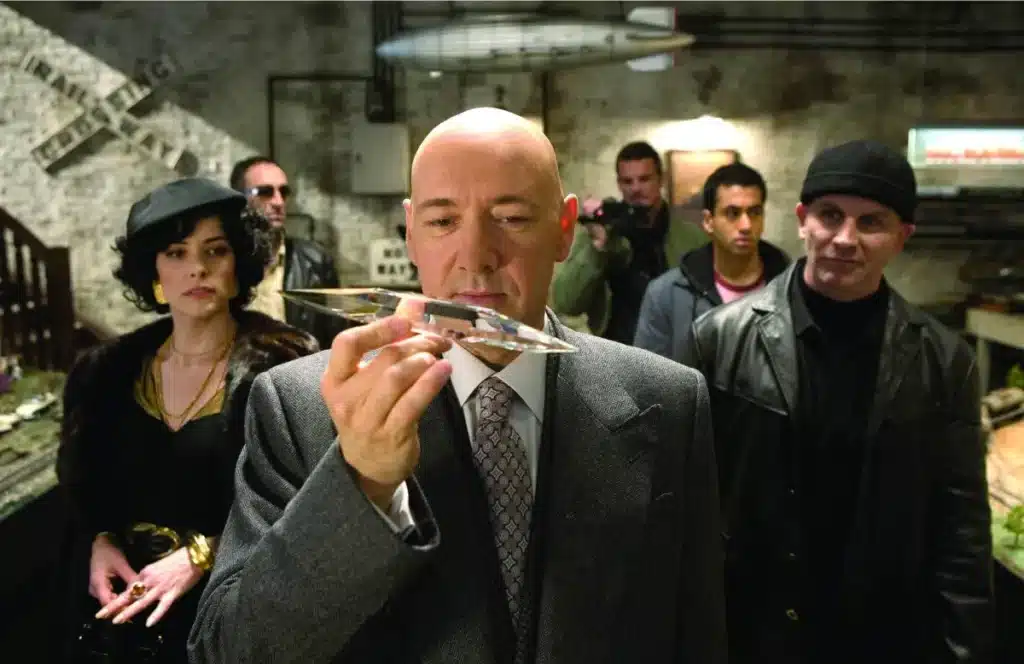
Reinventing Political Drama: Frank Underwood in House of Cards
In 2013, Spacey returned to television in Netflix’s House of Cards, portraying Frank Underwood — a Southern politician whose ambition is matched only by his ruthlessness.
The series became a cornerstone of the streaming revolution, and Spacey’s direct-to-camera monologues are now considered iconic, redefining the way political dramas engage viewers. His Underwood was both villain and confidant, seducing the audience into complicity.
The performance won him a Golden Globe and cemented his relevance in a rapidly changing entertainment landscape.
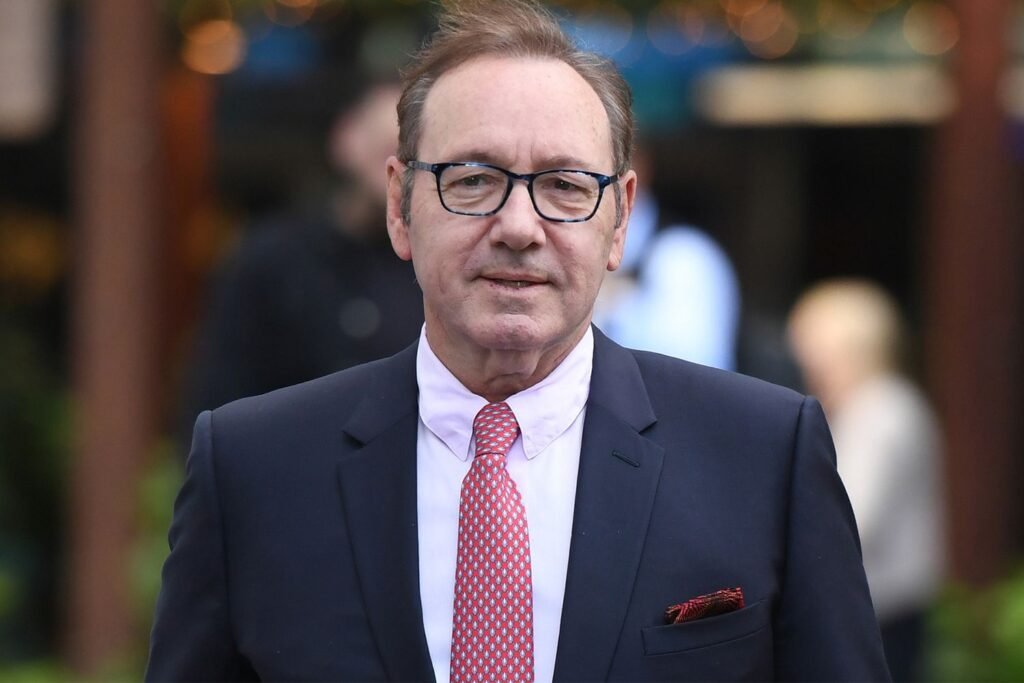
The Artistry Behind the Persona
Spacey’s method is not easily defined. He doesn’t subscribe to a single acting school but rather adapts tools from multiple traditions. Colleagues often describe him as “restless” in rehearsal, willing to try dozens of approaches to a single scene until the emotional truth reveals itself.
His vocal control is particularly noteworthy. He modulates tone and cadence not just between characters but within the same role, shifting from charm to menace in a single sentence. This ability to pivot on a dime gives his performances an edge that keeps audiences unsettled.

Theatre’s Champion: The Old Vic Years
From 2004 to 2015, Spacey served as Artistic Director at London’s Old Vic Theatre. His tenure is credited with revitalising the institution, drawing in new audiences with bold programming and international talent.
Productions under his leadership ranged from Shakespearean classics to contemporary works, and Spacey himself frequently took to the stage, most famously in Richard III. These years also cemented his reputation as a patron of emerging talent, with many young actors citing his mentorship as pivotal in their careers.
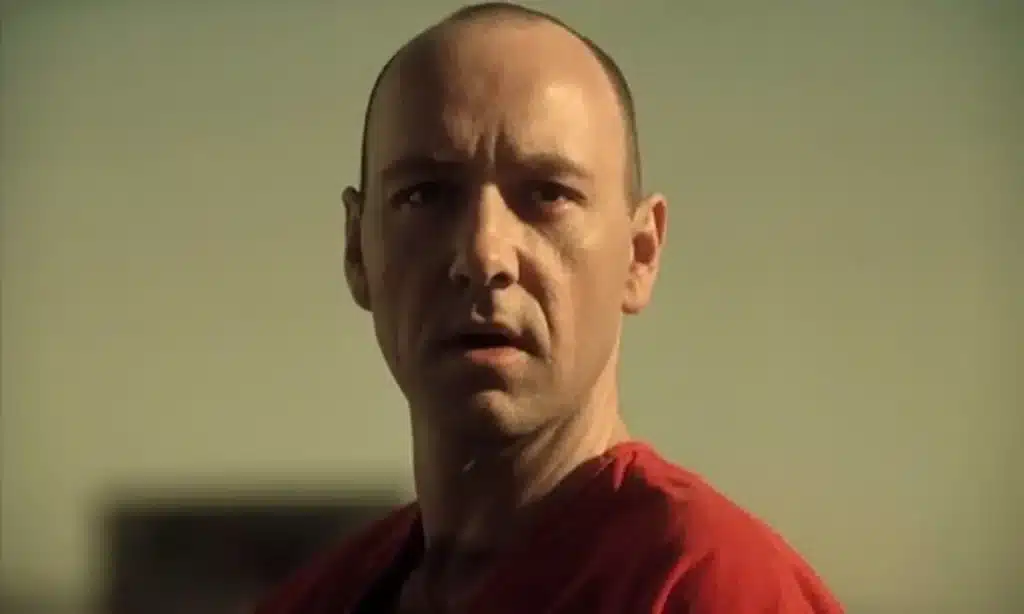
Cultural Legacy and Pop Culture Imprint
Even those unfamiliar with his full body of work recognise his influence through pop culture osmosis. Lines from The Usual Suspects and American Beauty are quoted in television scripts, advertising campaigns, and everyday conversation.
Frank Underwood’s asides to the camera have been parodied on Saturday Night Live, referenced in political commentary, and analysed in academic settings. Spacey’s performances have become cultural shorthand for cunning, charisma, and moral ambiguity.
Industry Voices on Spacey’s Impact
- Sam Mendes, director of American Beauty: “Working with Kevin was a privilege. His dedication to his craft and his ability to convey such a wide range of emotions made American Beauty the film it is today.”
- Robin Wright, co-star in House of Cards: “Kevin’s portrayal of Frank Underwood was compelling and intense. He brought a depth to the character that was both frightening and fascinating.”
The Enduring Question of Greatness
The controversies surrounding Kevin Spacey have unquestionably altered his public image and career trajectory. Yet when isolating the work — the performances, the craft, the cultural footprint — the argument for Kevin Spacey: Still One of the Greatest remains compelling.
For aspiring actors, his roles serve as case studies in precision and emotional range. For audiences, they remain touchstones for how performance can challenge, unsettle, and captivate.
Whether his career sees a full resurgence or not, the body of work stands — a testament to a skillset few have matched and even fewer have sustained for so long.



